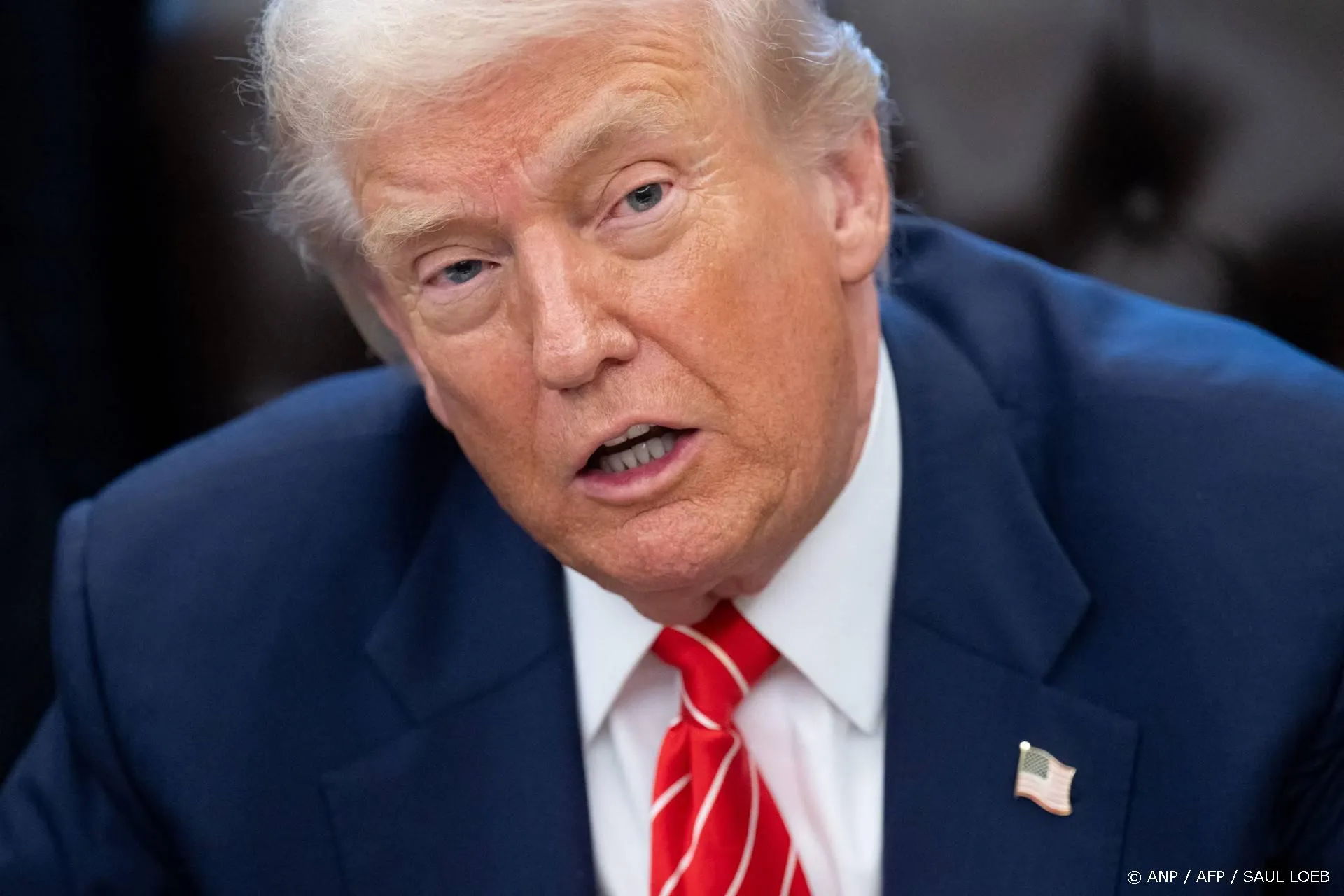Duitse lente: Schaft Berlijn de EU af?
De Duitse elite heeft haar vertrouwen in het Europes project verloren
In fact, whereas Germans once saw the EU as the embodiment of post-war German virtues such as fiscal rectitude, stability and consensus, they now see it as a threat to those same virtues. Whereas many Europeans want Germany to save Europe, many Germans now want to be saved from Europe.
As a result of these long-term changes in Germany since reunification, euroscepticism has become more socially acceptable, if not chic. Admittedly, the German public never established an emotional connection with the euro: 80 percent of Germans were against its introduction but reluctantly accepted it as a trade-off for reunification. However, since 2002, when the new currency became reality and, many Germans believe, made things more expensive, public opinion has hardened against the euro. European regulation also turns Germans off Europe much as it has long done in other member states. The Greek crisis last year seems to have been the straw that broke the camels back. A recent opinion poll shows that 63 percent of Germans have little or no confidence at all in the European Union. For 53 percent of Germans, Europe is no longer the future.
Perhaps even more alarming than this eurosceptic shift in public opinion is the way that the German elite have lost faith in the European project. To be sure, there were always eurosceptic voices in Germany, but they tended to be marginal. Since the era of Gerhard Schröder, who spoke of German normality, German elites have been increasingly critical of the EU, which in turns legitimates popular euroscepticism. The most important and well-known expression of this new German euroscepticism is the 2009 judgment of the German Constitutional Court on the Lisbon Treaty. But the new eurosceptic mood can also be felt elsewhere in German life for example in the media. Economists who had been arguing against the euro since 1992 also feel vindicated by the euro crisis. Other respected public figures are also attacking the euro for example Hans-Olaf Henkel, the former president of the BDI, the German employers federation, whose book Save our Money! has been a best seller.
Rather than denouncing the book [zie vorig citaat, HR] as an earlier generation of politicians might have done, the German economics minister, Rainer Brüderle, actually spoke at the book launch. In short, the reflexively pro-European discourse among Germanys elite has disappeared.
Germany has now signaled that it will do what it takes to save the euro, showing a determination that few predicted at the start of 2010. Through the new euro plus pact it seems inevitable that there will be deeper integration of the eurozone.
But although it currently looks as if other member states are lining up to hug Germany close, some of the very same states are also likely to try to block German initiatives in the future. A very senior official in Madrid explained the situation well: We are in a Europe with a single driver. Berlin prefers to move with France as it is more palatable, but all the big impulses come from Berlin. However, decision-making is different from launching policies: you need to get agreement from the other 16 in the eurozone. During the last year, member states have in this way obstructed the adoption of a new treaty, the appointment of Axel Weber as head of the European Central Bank and the adoption of automatic sanctions against countries that breach the competitiveness pact. In fact, coalitions of member states are already forming against Germany as well as around it.
Lees ook
Loading


